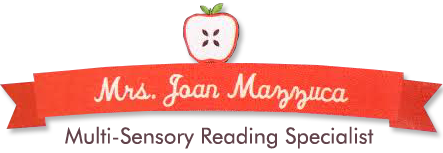 If your child is struggling with reading, getting the help of a reading specialist or reading tutor quickly can save parents and students a lot of frustration. We strive to create good reading habits and foster a love of reading, but if a student is consistently having trouble, it may become an activity that they begin to avoid. Getting a tutor involved quickly can turn that situation around and make reading enjoyable for children and parents.
If your child is struggling with reading, getting the help of a reading specialist or reading tutor quickly can save parents and students a lot of frustration. We strive to create good reading habits and foster a love of reading, but if a student is consistently having trouble, it may become an activity that they begin to avoid. Getting a tutor involved quickly can turn that situation around and make reading enjoyable for children and parents.
The following are some reading risk indicators organized by primary grade level:
- Preschool
- A history of significant language delay or disorder
- Limited exposure to oral or written language before beginning school
- A native language other than English
- A significant history of reading difficulties in close family members
- Oral language difficulties (poor vocabulary, listening comprehension, or grammatical abilities for the child’s age)
- Kindergarten-First Grade
- All of the above plus the following;
- Poor phonological/phonemic awareness (inability to rhyme, identify initial and final sounds of spoken words, or to blend and segment one-syllable spoken words)
- Lack of familiarity with basic print concepts such as (1) print conveys meaning, (2) print is read left to right, and (3) words are separated by spaces.
- Poor Knowledge of common letter-sound relationships.
- Difficulty decoding unfamiliar words at the middle or end of first grade, especially as measured by reading of nonsense words such as zat.
- Second and Third Grade
- All of the above plus the following;
- Ongoing difficulties with decoding of unfamiliar words
- Slow, labored, non-fluent reading in grade-appropriate text
- Poor reading comprehension
- Poor spelling

